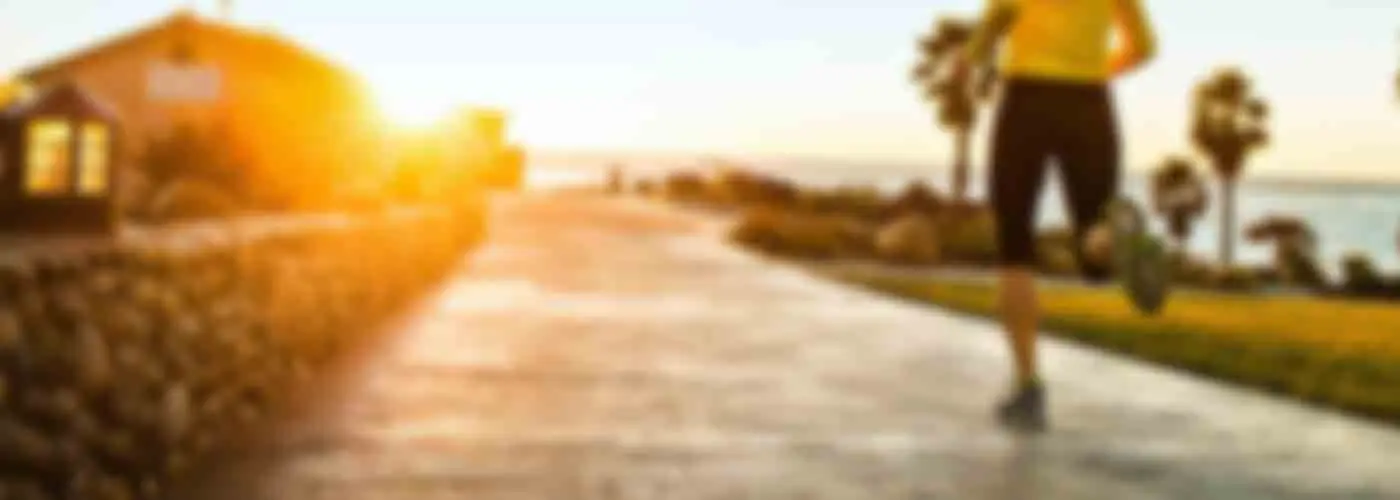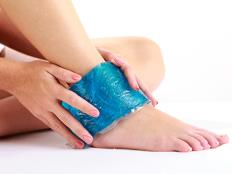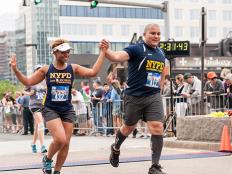If you can't avoid the humidity or the heat, try to avoid the sun.
"Find a shaded trail and start early," says Meghann Anderson, a blogger with www.mealsandmiles.com, and a runner from Florida. "You want to spend the least amount of time in the sun as possible on your run. The sun is just going to wear you out and slow you down."
More: 10 Essential Tips for Running in the Summer Heat
Find What Works for You
Finding a time to exercise can be challenging enough, let alone trying to schedule it around stifling heat. If you can't quite find the time or it's just too hot, it's OK, says Anderson.
"In Florida I won't run between 10 a.m. and 5 p.m." Anderson says. "It's just too hot then. If I sleep in and miss my morning window, I'll usually call that a lost day with running outside."
Get Creative With Hydration
It's important to stay hydrated. However, carrying enough fluid isn't always possible. There are a few tricks to help you stay hydrated without having to carry a gallon of liquid on you, Fagan says.
More: Hydration Tips to Train in the Heat
"For me, the key to consumption during the hotter months is to drink continuously before and after runs," Fagan says. "I get cramps really easily and cannot consume copious amounts of fluid during my longer runs, so I make it a point to drink a ton the day before I have a long run on the books."
Smart also gets creative with her liquid consumption.
"On runs over 8 miles, I go out in advance and hide water bottles and sports drinks in bushes so I can refuel," says Smart. "Usually after the eighth mile, I switch to a mix of half water and half a packet of the Gatorade G2 low-cal drink mix."
More: The New Rules of Marathon Nutrition: Sports Drinks
Adjust Expectations
A hot run can have you moving slower despite increased exertion. It's important to be aware of this and manage your own running and speed expectations.
"I really think it is important to adjust your performance expectations and cut yourself a break if you are cutting runs short or walking," says Smart. Running in the heat is much more draining than on a cool day and it does fatigue most people much more quickly.
"I will probably never plan to run a marathon in early fall again because the entire training period falls during the hottest part of the year where I live."
More: How Much Marathon Training Do You Really Need?
Less Is More
Less is more when it comes to running apparel for those hot days. Anderson is a firm believer in the power of proper gear, and says those hot days are when she wears as little as possible for her runs. She tries not to care what anyone thinks of her appearance, and instead focuses on staying cool.
More: 5 Hot Weather Running Gear Tips
 Sign up for your next race.
Sign up for your next race.- 2
- of
- 2
About the Author

Get ACTIVE on the Go


Couch to 5K®
The best way to get new runners off the couch and across the finish line of their first 5K.
Available for iOS | Android






Discuss This Article